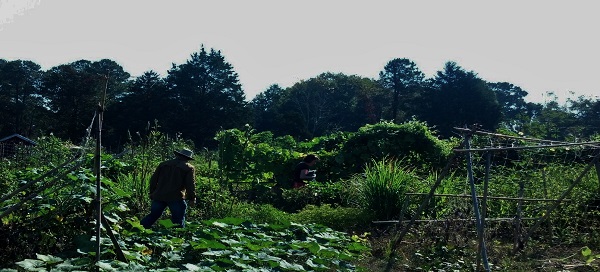
Picture a traditional city rooftop. Most of us would envision a gray, concrete, rather drab urban environment. Ben Flanner, head farmer and president of Brooklyn Grange, on the other hand, sees a farming opportunity. As part of a movement that has spread around the world, Flanner and his colleagues are taking the idea of a “green roof” to a whole new level.
Brooklyn Grange covers 2.5 acres across two buildings in New York City, writes Mark Miller in a National Geographic article, making it the biggest urban farm in the world. The farm produces 50,000 pounds of produce in addition to housing chicken coops and beehives. All their products are sold to restaurants or in their farm stands, and the rooftop farms are open to tenants, visitors, and students alike.
In addition to delicious fruit and vegetables, rooftop farms are green roofs themselves, which “use plants and flowers to provide insulation, create a habitat for local wildlife, help control runoff, put more oxygen into the atmosphere – and provide a welcome, verdant break from urban drabness.” While rooftop farming may have its challenges, the potential for food and ecological benefits are substantial.
Rooftop farming may be just beginning in New York, but other cities have begun to rapidly expand their projects. Toronto, for example, has “rooftop gardens and farms [that] now appear atop restaurants, hotels, supermarkets, senior housing, rental housing, condo towers, old industrial buildings, schools, university buildings, community centers, and office towers.” Imagine if the great metropolitan centers around the world could evolve to be farming centers as well, using the rooftop space efficiently and effectively to produce food and create a healthier environment for all city dwellers.
While this may still be a dream, Flanner, Brooklyn Grange, and all the rooftop farmers around the world are taking major strides to make it happen, and soon! Until then, the Triangle community is already developing its own urban farming network. SEEDS, Briggs Avenue Community Garden, and Tierra Negra Farms all offer community garden space as well as educational resources for those who want to farm or grow produce but may not have the space themselves. Briggs Avenue Community Garden has its own green roof, as does the American Horticultural Society River Farm headquarters. The JC Raulston Arboretum at NC State University allows visitors to stroll across its rooftop garden and see the benefits first hand!
TLC is equally committed to the local farms and food movement through our farming easements, providing opportunities for education and research on TLC-owned properties, and partnering with other organizations to ensure that local farms, be they urban or rural, on the ground or in the air, supply fresh food to local markets.
